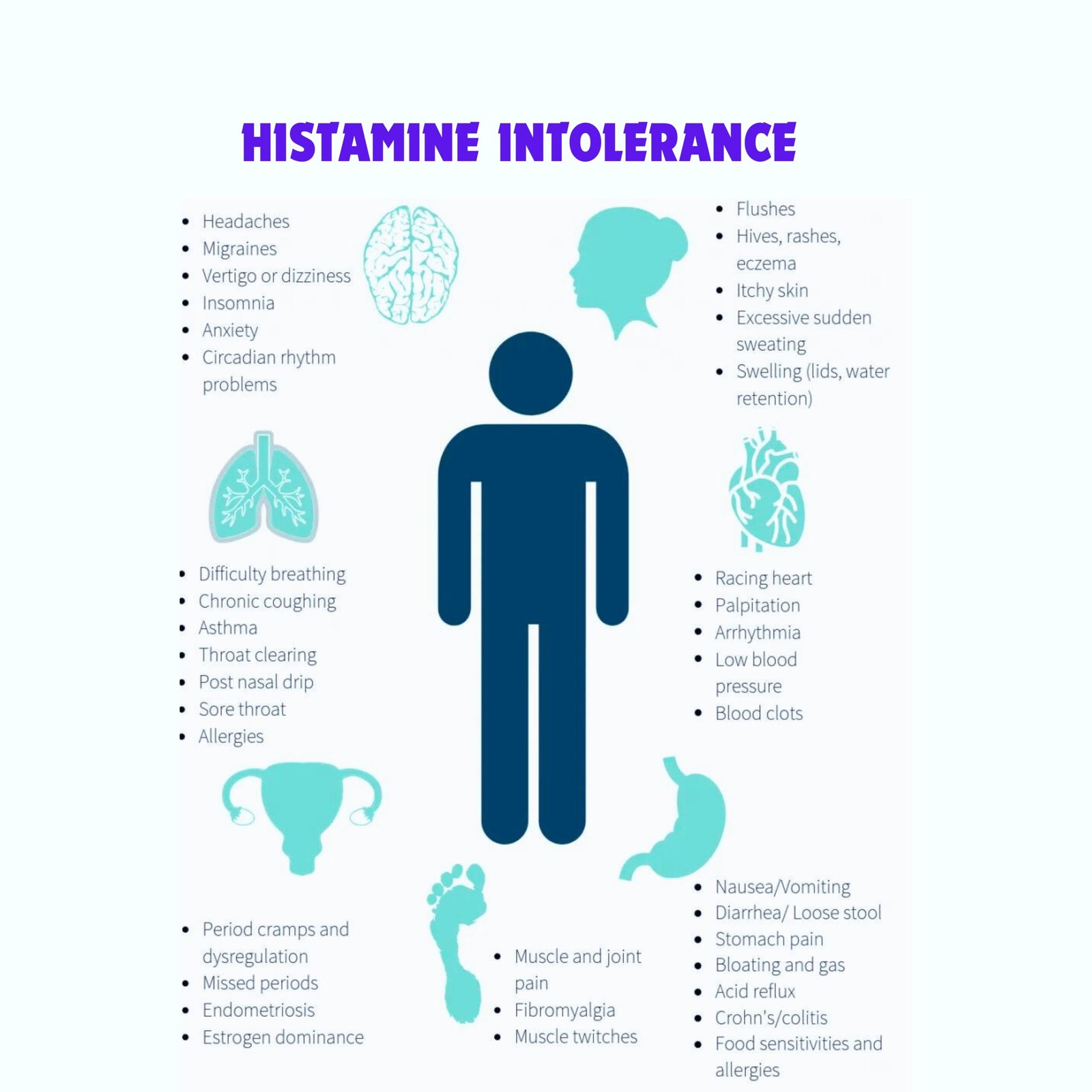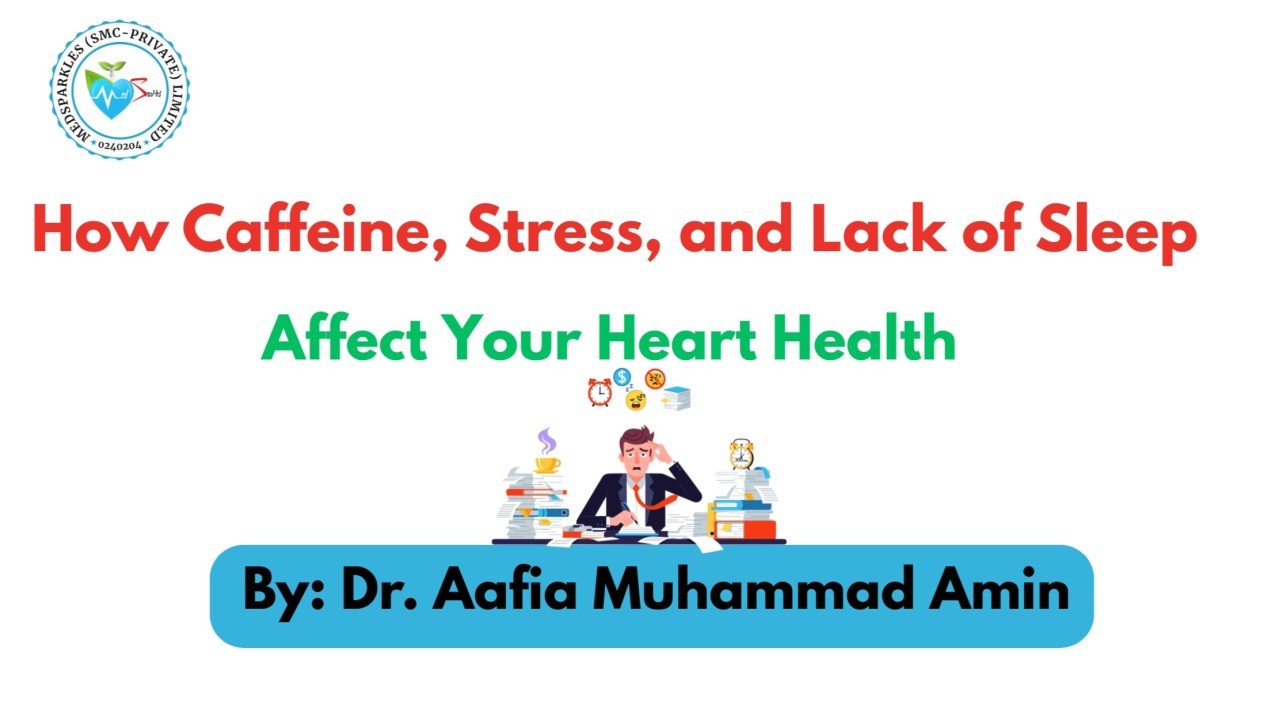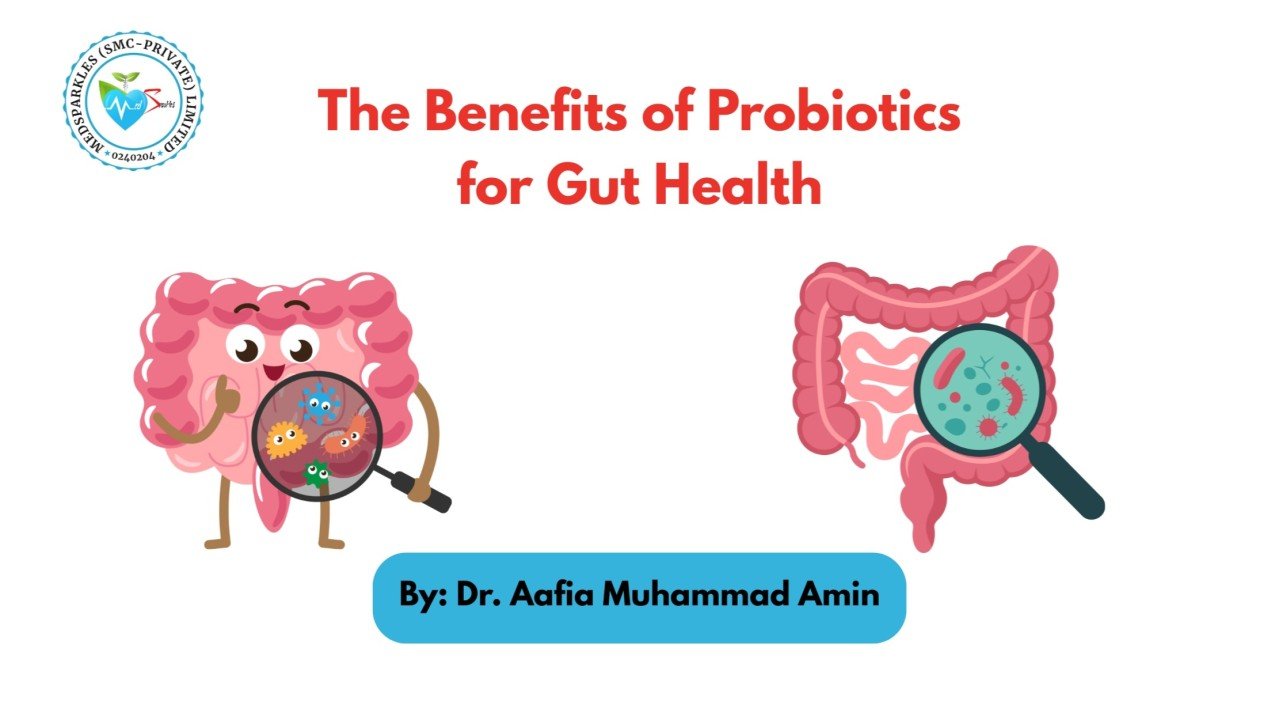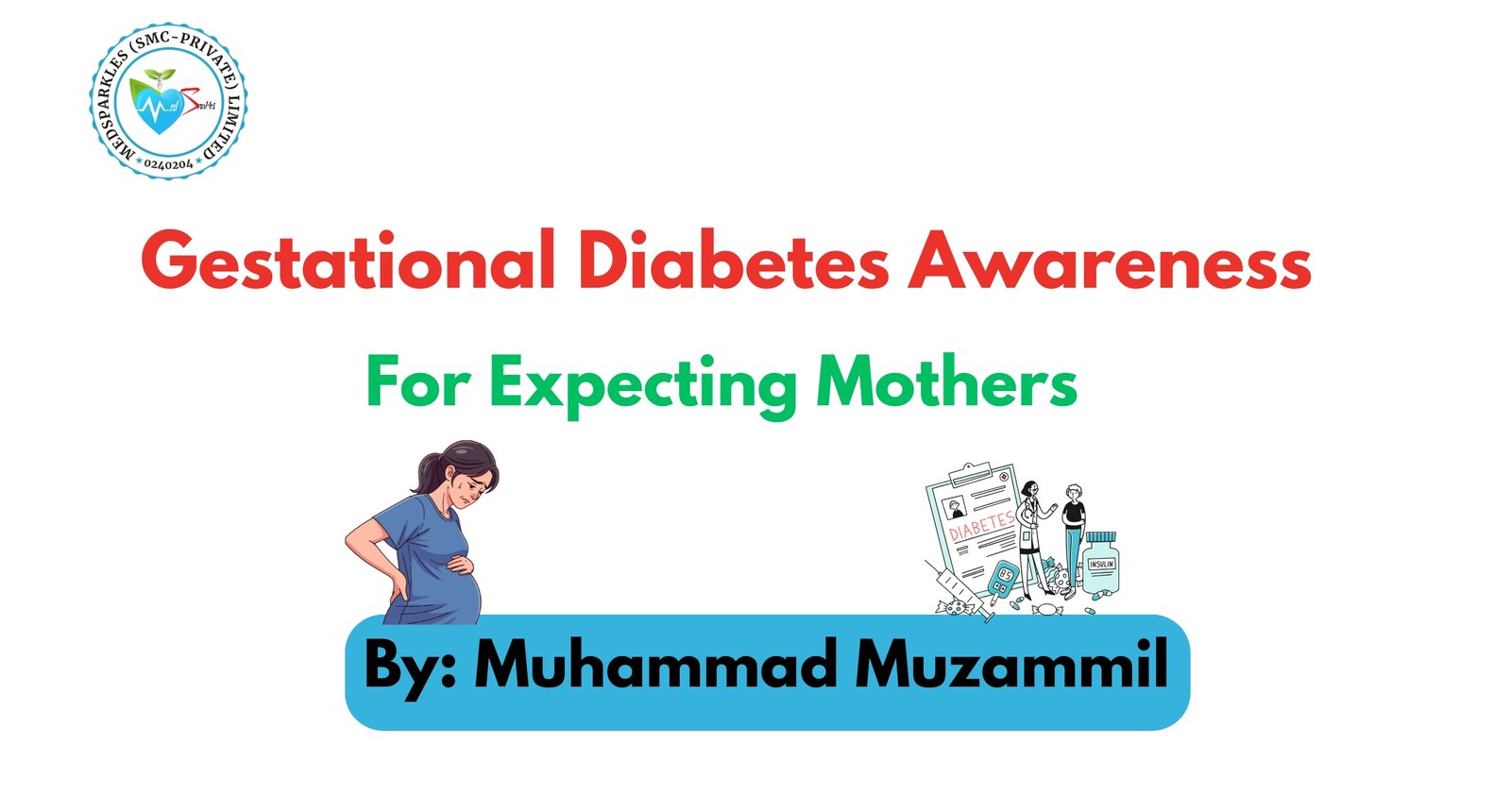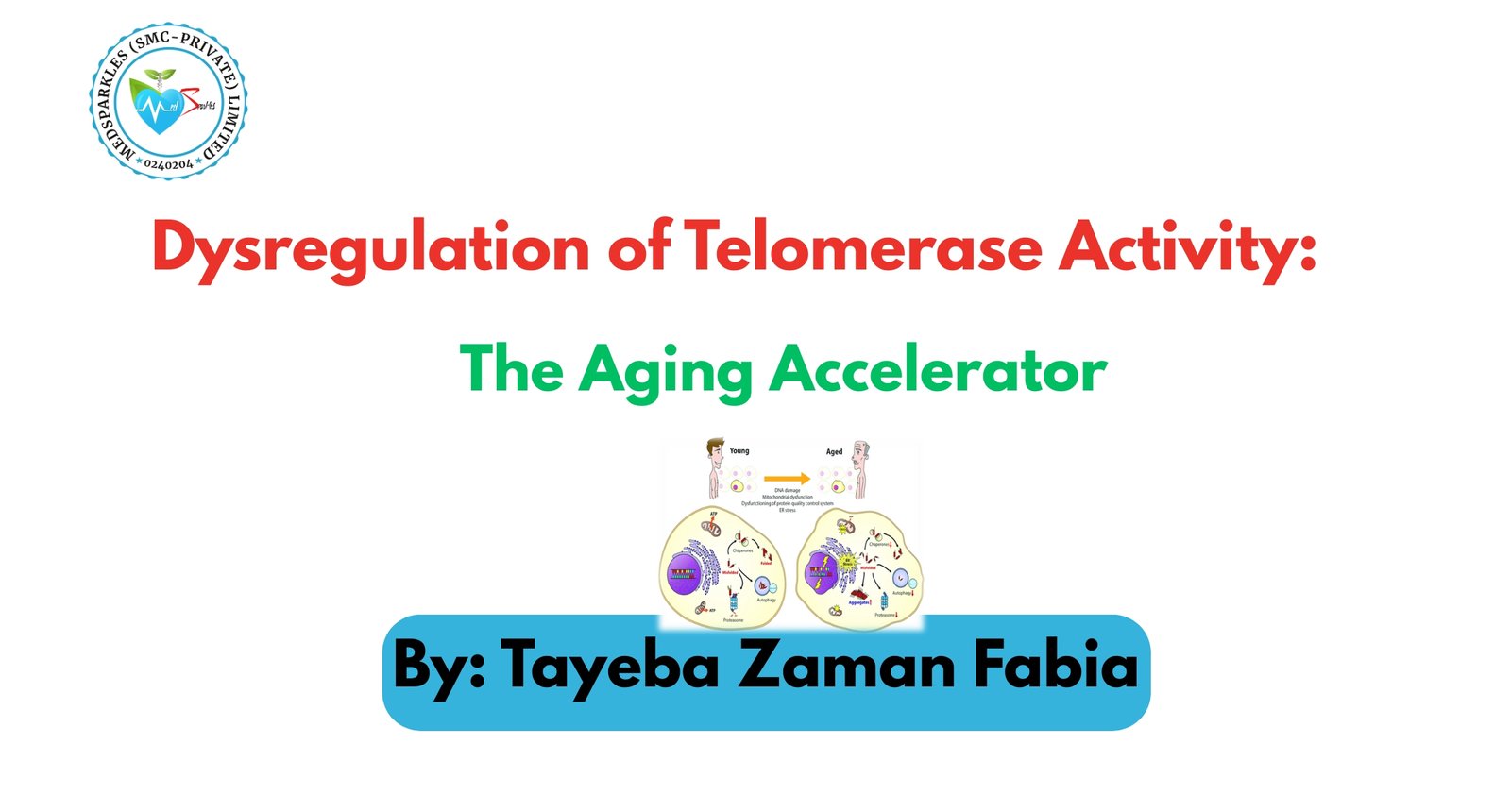Ever felt like your body is reacting strongly or negatively to something or to any substance, like it is fighting against it ,well this in medical terminology will be referred to as intolerance to particular substance after consuming or being exposed to it.
Intolerance is the negative reaction to certain substances for example lactose intolerance, gluten intolerance or even food allergies. Histamine intolerance is one of the intolerant condition where histamine builds up in your body. For better understanding we should know first about histamine and its role in human body.
HISTAMINE: It is the chemical messenger or neurotransmitter present in the brain which carry the signals of immune system to different types of cells. It is mainly released in allergic and anaphylactic conditions with other roles as well. Histamine intolerance occur when our body is unable to break down and it gets accumulated in the body therefore causing upset stomach, allergy and headache. Experts estimate that about 1 in 100 people (1%) have histamine intolerance. But it’s hard to recognize and diagnose, so it’s possible the actual number is higher.
Histamine in our bodies is mainly responsible for following roles:
- Releases the stomach acid for the digestion purpose
- Sends signals to brain
- Releases after any allergic reaction as an immune response
The problem occurs when there is too much histamine and when our body is not able to break it down.
Symptoms of histamine intolerance: As histamine receptors are mostly present in all of our body parts thus it can affect any body part. Histamine intolerance symptoms are vague because it can come from any part of body and can intersect with other conditions. The most common symptom of histamine intolerance are gastrointestinal (GI) along with
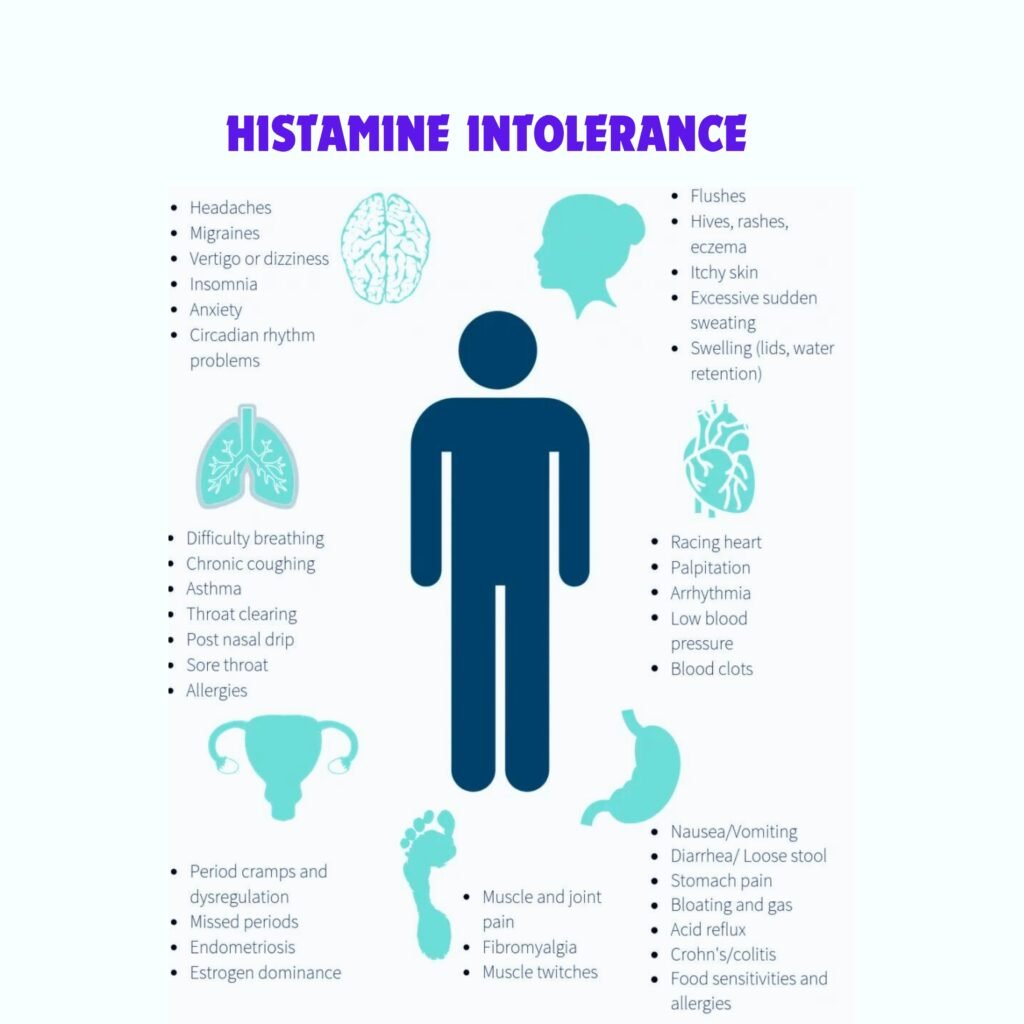
- Digestive issues
- Diarrhea
- Constipation
- Headaches
- Bloating
- Nausea
- Vomiting
- Flatulence
Other symptoms include
- Itchy skin
- Hives
- Irregular menstrual cycle
- Sinus issues or nasal congestion
More severe symptoms include
- High blood pressure
- Anxiety
- Irregular heart rate
- Dizziness
Causes of histamine intolerance: As histamine is naturally produced substance in our bodies there is an enzyme (diamine oxidase) DAO which helps in breakdown of it when there is excessive accumulation. One of the cause of histamine intolerance can be deficiency of DAO.
Some of the factors that affect histamine levels are
- Medications: there are some medicines which may temporarily cause blockage of DAO enzyme therefore causing high level of histamine, medications including antiemetic, antiarrhythmic, blood pressure medications and antidepressants cause disturbance in histamine level.
- Genetics: DAO deficiency can also be caused by some genetic disturbance or gene mutation leading to higher level of histamine in the body.
- Gastrointestinal (GI) disorders: inflammatory bowel disease; one of disorder of GI can also lead to DAO deficiency.
- Diet: diet plays important role in any state, foods that contain rich amount of histamine can dull the effect of DAO enzyme to function properly some foods even block the DAO enzyme.
Treatment and preventions: Like an allergy, the best way to naturally treat an intolerance is to avoid the substance—in this case, histamine. By not eating foods that contain histamine, we can take control of its symptoms.
- Diet: foods such as fermented dairy products such as yoghurt, cheese, buttermilk, fermented vegetables, fermented meats, fermented soy products, tomatoes, spinach, and fermented grains contain higher levels of histamine. The amount of histamine in food increases when it is fermented, spoiled, aged. Drinks like alcohol, green tea, black tea also affects histamine regulation. The treatment must be avoidance of in taking those foods which are rich source of histamine and in taking those which helps in balancing its level.
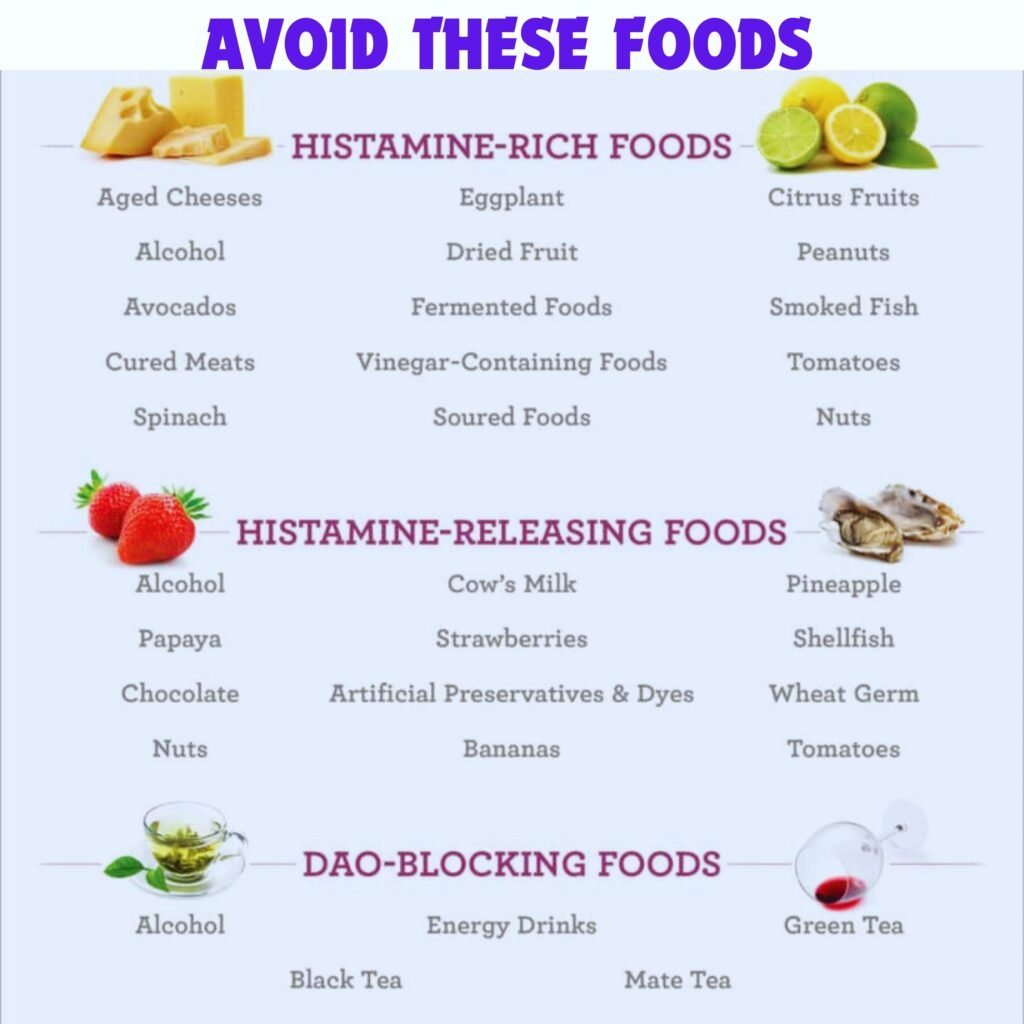
Foods low in histamine include:
Fresh meat, fresh fish, fresh vegetables, fresh fruits, fresh milk products.
- Supplements: in addition to a good and fresh diet, it is also recommended to use some supplements to help naturally reduce histamine disturbance or eliminate its symptoms. These include
- Vitamin B6
- Vitamin C
- Vitamin B1
- Vitamin B12
- Copper
- Zinc
- Medications: apart from diet there is no long term treatment identified, taking medications like antihistamines or corticosteroids may help reducing the intolerance. There are multiple over the counter antihistamine medications they may have potential side effects like drowsiness, headache, constipation and dry mouth which varies from person to person.
References:
